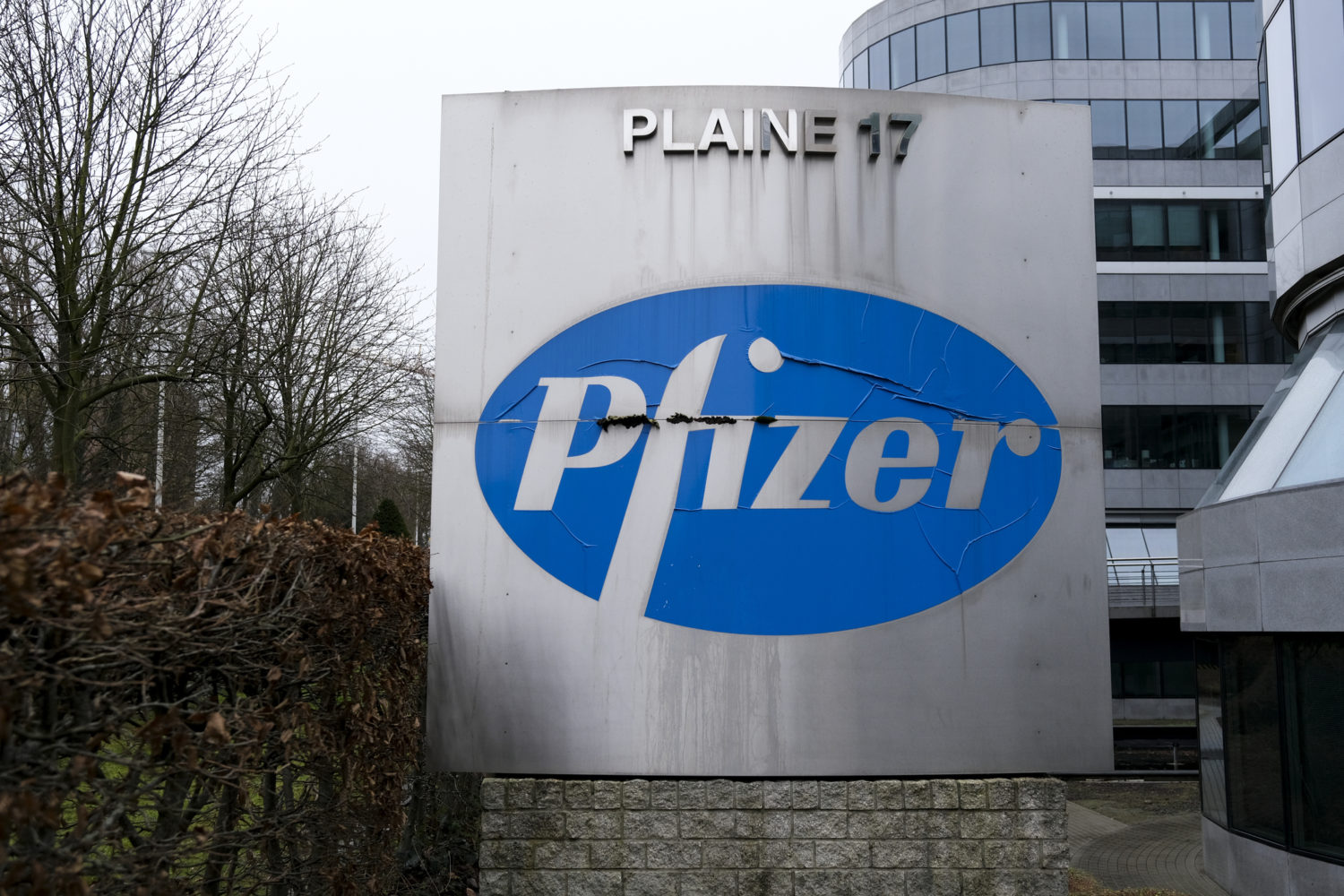Sahpra’s six-month condition means it would be too late, says doctor.

While the recent approval by the health products regulatory authority to expand Pfizer Covid booster shots to the rest of the population was met with support, some health experts were puzzled as to why the regulator didn’t make the move sooner.
Despite the health department’s plan to wait for the Vaccine Ministerial Advisory Committee to advise the health minister on when to proceed with booster shots, experts said they were frustrated that it took until now to authorise boosters for everyone else.
UK-based South African doctor Sangxa Rozani said the world was still ahead of South Africa in terms of boosters, and even though the South African Health Products Authority (Sahpra) announced that SA could boost, they were still giving the nod to boosters that the rest of the world announced a few months ago.
He said since omicron was discovered, the rest of the world has acted quickly, but SA has done nothing different.
ALSO READ: Pfizer says Covid booster shot 95.6% effective
“If you look at when the first dose was given in SA in mid-May and then you calculate the 42-day interval, no one is getting a booster today,” Rozani said.
“Even if there are people who got it in a two-week interval, like they said it would happen, they might only be starting to boost at the end of the month.
“But most people will be due in January, if you look at the scheduling, timing and the day that the first Pfizer vaccine was administered in SA.”
Rozani said with the six months condition from Sahpra, the boosters would be administered too late, while the World Health Organisation’s (WHO) chief of emergencies, Dr Michael Ryan, made it very clear last year “to act quick, act fast and don’t be afraid to be wrong – act”.
“People are excited the government decided to boost. But they have to look at the timing; we’re late,” he said.
“The good news yesterday is actually not good news at all. Something needs to be done, otherwise people will be getting their booster next year when they need them today.”
The Institute of Race Relations’ (IRR’s) Gabriel Crouse said in a statement the approval of booster shots still resembled the booster ban for those who received their jab mid-June and after, as it meant they were not eligible for the booster jab even if they wanted the third dose.
“SA has been slower than other countries in unbanning boosters, even though many other countries decided to change their booster conditions a few months after their rollout,” Crouse said.
But the head of the South African Vaccination Centre at Sefako Makgatho Health Sciences University, Professor Hannelie Meyer, applauded Sahpra’s decision and said it didn’t make sense for the health department to administer booster shots when the majority of the population has not yet received their first shots.
ALSO READ: Tourism takes the vaccine lead
“We need to consider various things, especially in SA, such as the fact that we have only fully vaccinated about 25% of the population, so there’s still a lot of people who haven’t even received a single dose,” she said.
Meyer also said the Vaccine Ministerial Advisory Committee needed to look at some data and review it in order to make recommendations on how the rollout of boosters would go to the health department.
The decision for boosters came after a long process of logistical issues before the rollout to determine who would be getting the boosters, just as the department did with the rollout of the first doses to different groups.
“That’s why for the healthcare workers who are at a highest risk of getting Covid, it is important for them to get the booster shots,” Meyer added.
She said the health department has approved boosters for people who are in a compromised situation, and they can get it through a motivation from their doctor.
Support Local Journalism
Add The Citizen as a Preferred Source on Google and follow us on Google News to see more of our trusted reporting in Google News and Top Stories.






